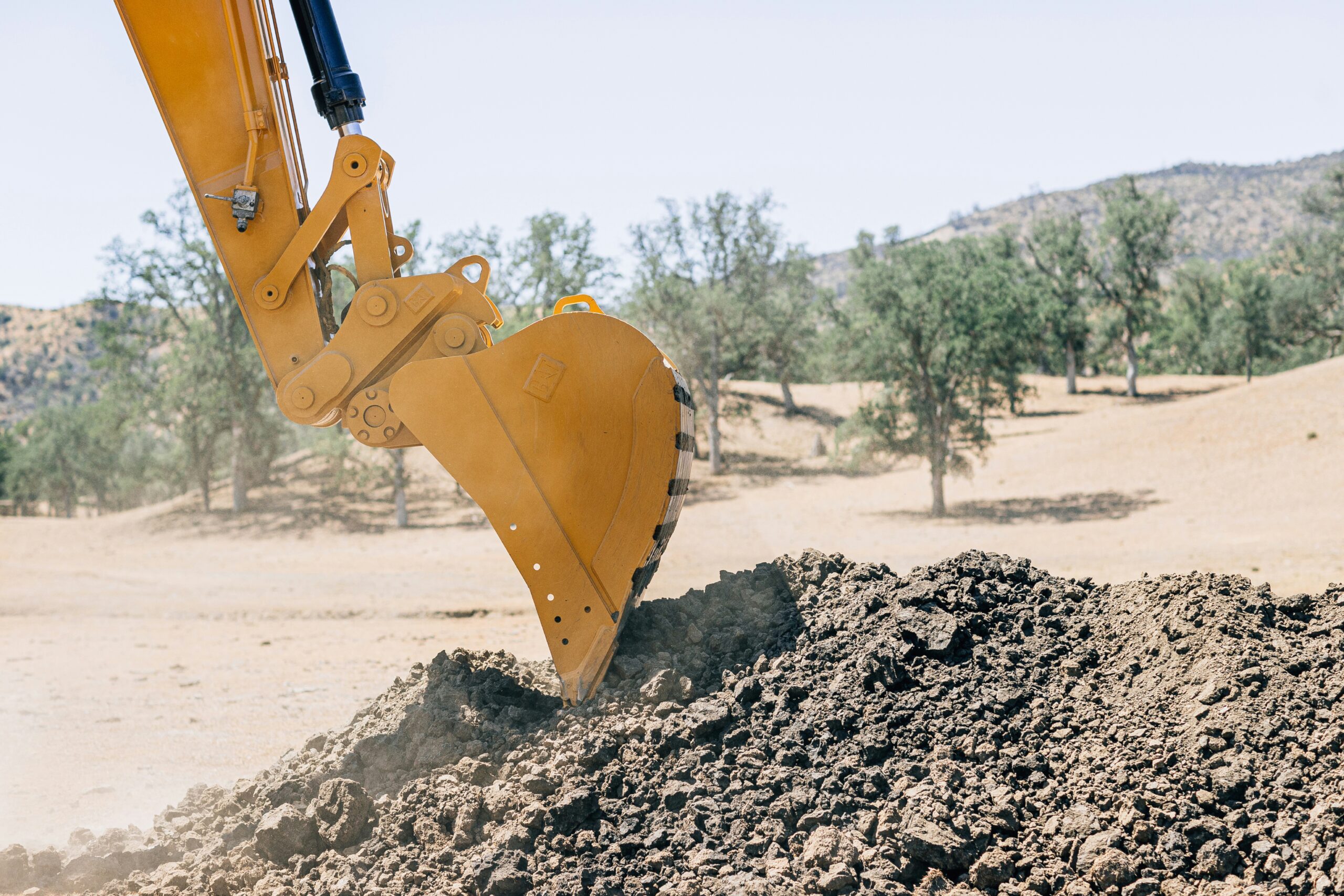Massive destruction across the Gaza Strip has made it nearly impossible for Hamas to locate the remaining Israeli hostages’ bodies. Many corpses are believed to lie buried beneath collapsed buildings.
On Saturday, an Egyptian convoy carrying bulldozers and excavators entered Gaza to aid the recovery mission. The convoy’s arrival marked the first major international assistance for the effort. Under the U.S.-brokered ceasefire deal, Israel agreed to return 15 Palestinian prisoners’ bodies for each Israeli hostage body recovered.
So far, Israel has handed over 195 Palestinian bodies, while Hamas has returned 18 Israeli bodies. Earlier this month, Hamas released all 20 surviving hostages.
Ceasefire Conditions Strain as Search Operations Expand
U.S. President Donald Trump said he is “watching very closely” to ensure Hamas returns all remaining bodies within 48 hours. “Some of the bodies are hard to reach, but others they can return now, and they are not,” he posted on Truth Social.
Hamas officials said ongoing search efforts remain severely hindered by the widespread devastation. The group’s negotiator told Egyptian media that many bodies lie deep underground and require heavy equipment for extraction. On Sunday, Hamas expanded its search to new areas to locate the remaining 13 bodies, according to Gaza chief Khalil al-Hayya.
Last week, a Turkish convoy arrived to clear debris from Khan Younis, where about 800 tonnes of rubble accumulated after Israeli airstrikes.
Israeli Strikes Continue Despite Ceasefire Deal
Israeli forces struck Gaza’s Nuseirat refugee camp on Saturday night, injuring at least four people, according to Awda Hospital officials. The strike marked Israel’s second attack on the camp in one week.
The Israeli military claimed it targeted Islamic Jihad operatives allegedly plotting attacks on Israeli troops. The group denied the accusation, calling the strike unprovoked. Hamas condemned the attack as a “clear violation” of the ceasefire and accused Prime Minister Benjamin Netanyahu of undermining the truce.
Netanyahu defended the action during his Sunday cabinet meeting. “We act to stop threats as they form, before they are carried out, as we did yesterday in Gaza,” he said.


